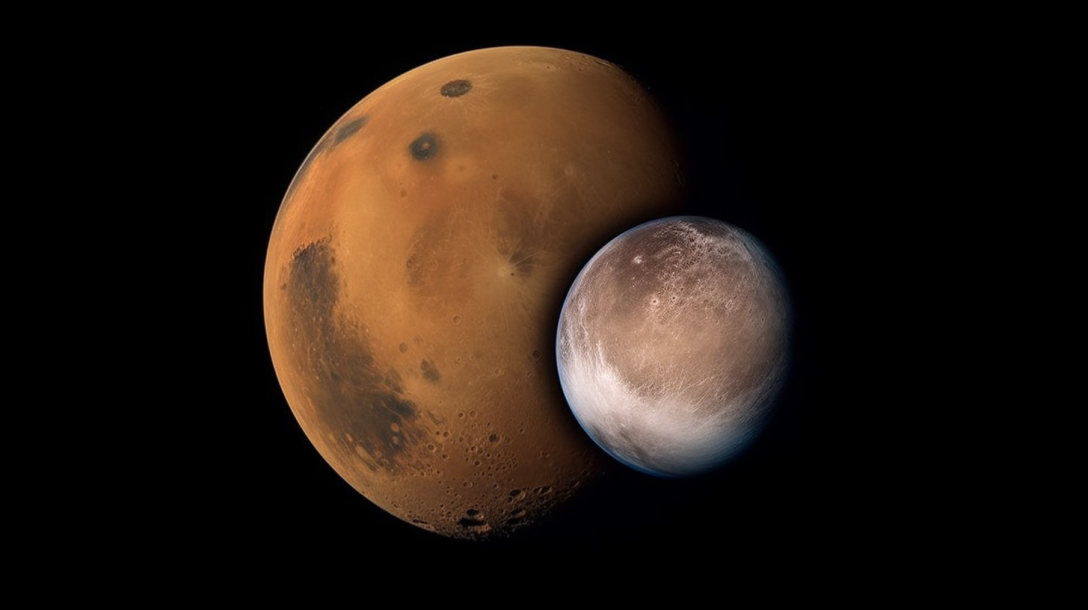The Challenges of Space Colonization

Introduction
Space colonization, once a concept confined to the realm of science fiction, is now becoming a tangible possibility. The Moon and Mars have emerged as the most viable candidates for human settlement beyond Earth. This blog post will delve into the challenges that we must overcome to make this a reality.
The High Cost of Space Transportation
Space travel is currently an expensive endeavor. The cost of launching a single kilogram into space can range from $2,000 to $25,000. This high cost is a significant barrier to space colonization. However, advancements in reusable rocket technology and the emergence of private space companies are promising developments that could potentially reduce these costs.
On-Site Construction Material Production
The ability to produce construction materials on-site is crucial for space colonization. Traditional methods of producing steel and concrete on Earth often involve the use of coal, which is not available on the Moon or Mars. Researchers are exploring innovative methods to produce these materials using lunar and Martian resources. For instance, scientists are investigating the possibility of using lunar regolith to produce concrete.
Life Support Systems
Creating a self-sustaining environment on the Moon or Mars is a formidable challenge. Life support systems must be capable of providing air, water, and food for the colonists, and also deal with waste. Closed-loop life support systems, which recycle waste products back into useful resources, are a potential solution.
Health Challenges of Space Living
Long-term space living poses several health risks. The low gravity environment can lead to muscle atrophy and bone loss. Space travelers are also exposed to high levels of radiation, which can increase the risk of cancer. Additionally, the isolation and confinement can have significant psychological impacts. Addressing these health challenges is crucial for the success of space colonization.
Ethical and Legal Considerations
Space colonization also raises several ethical and legal issues. Who has the right to colonize space and exploit its resources? How can we prevent the militarization of space? International cooperation and treaties will play a crucial role in addressing these issues.
Sustainability and Environmental Impact
The environmental impact of space colonization is another important consideration. We must strive to minimize the impact of our activities on the lunar and Martian environments. Strategies such as recycling and waste management will be essential for sustainable space colonization.
Conclusion
Space colonization presents numerous challenges, ranging from technical and economic to health and ethical. However, with continued research and innovation, we can overcome these challenges and make space colonization a reality. The future of space colonization is full of exciting possibilities.